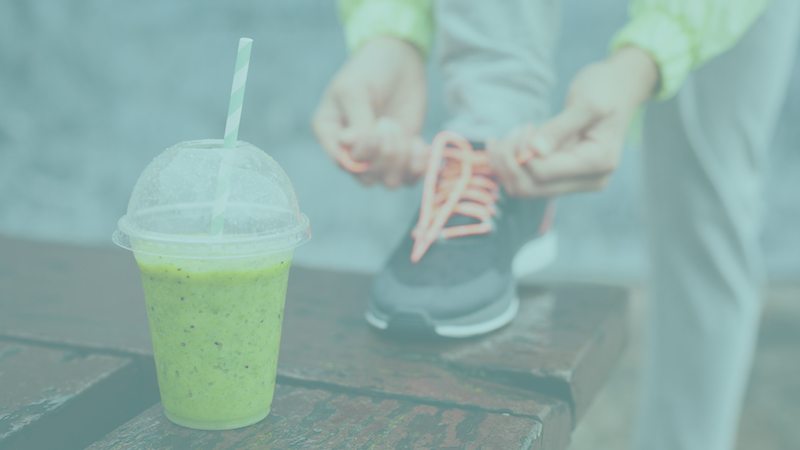Nutritional Considerations for Vegans
Episode #9 of the course How to go vegan by Karina Inkster
A well-planned, whole foods, plant-based diet is extremely beneficial to your health. However, a few nutrients found abundantly in animal-based foods may need special attention to ensure you’re consuming enough of them on a plant-based diet.
Iron
Iron is necessary for producing red blood cells, and it helps to carry oxygen throughout the body. It’s more difficult for the body to absorb plant-based sources of iron. Make sure you’re regularly including lots of iron-rich foods in your diet, like soy products, dried apricots, fortified grain products, black strap molasses, beans, lentils, and spinach.
B12
Vitamin B12 is crucial for making red blood cells and helping the body to use fats. Great sources of this vitamin include nutritional yeast, fortified non-dairy milks like soy and almond, and fortified meat alternatives.
Calcium
Calcium is necessary for healthy bones, and it helps muscles to contract. Plant-based sources of calcium include almonds, tahini (sesame butter), figs, tofu, and fortified non-dairy beverages.
Vitamin D
Vitamin D is essential for strong bones and teeth, helping the body to absorb and use calcium and phosphorous. Find vitamin D in fortified cereals and non-dairy beverages, or you may opt to take a daily supplement (speak with your doctor first).
Omega-3 fatty acid
Omega-3 fatty acids play a crucial role in brain function, reduce inflammation, and may help prevent heart disease. Plant foods rich in omega-3s include flaxseed oil and ground flaxseed, walnuts, and sacha inchi seeds.
Plant-based athletes
I interviewed registered dietitian Susan Levin, director of nutrition education for the Physicians Committee for Responsible Medicine. I asked, “Other than an overall increase in calories, how should a vegan athlete’s diet differ from someone who is less active? Are there any particular nutrients to take note of for endurance athletes versus strength athletes?”
Susan wrote, “For starters, an athlete’s dietary needs may not change that much regardless of dietary preference, depending on the level of activity. So if you follow a vegan diet and start exercising the minimal recommended amount, your natural hunger cues tend to take care of your increased needs. For athletes who train regularly, carbohydrates should always be the bulk of the diet. Endurance and strength training both call for increased protein, but only slightly for endurance training (from 0.8 grams per kilogram of body weight to 1.3-1.5 grams per kilogram of body weight per day). For strength training, those needs range from approximately 1.2 to 1.8 grams per kilogram of body weight per day. Athletes should keep in mind that most of us consume about twice our needs in protein without even trying. Protein is not hard to get!
Because plant foods are nutrient-dense as opposed to calorie-dense, a vegan athlete who trains intensely and regularly may find that he or she needs to eat more often in order to maintain weight and to prevent weight loss. For these athletes, smoothies and shakes are good options to supplement the diet throughout training.”
Tomorrow, in our last lesson, we’ll discuss veganism as a lifestyle, not just a diet.
Recommended book
Share with friends

